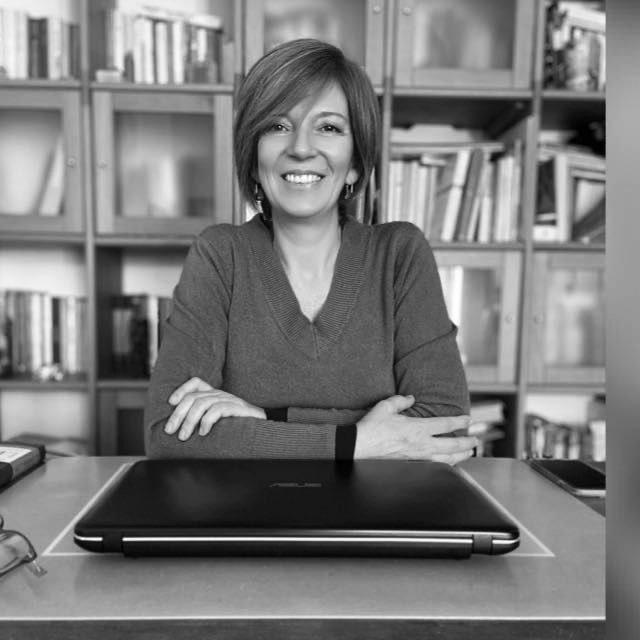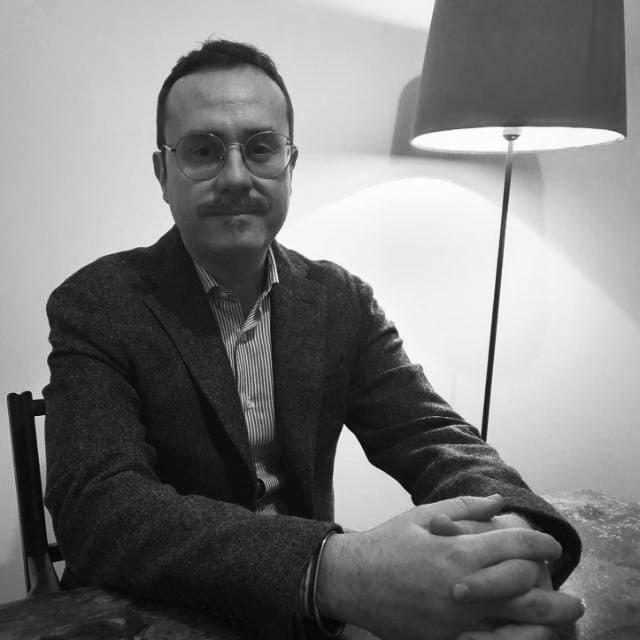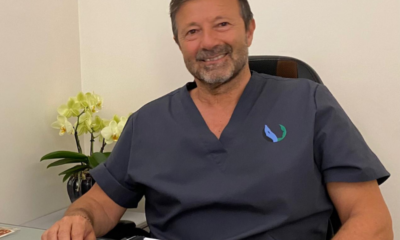Psycho-oncology, helping cancer patients
«A loving, educated environment ready to promptly answer the patient’s needs allows them to face their disease and nurture positive emotions»
Monica Agnesone, psychologist and psychotherapist responsible for the clinical psychology branch of the ASL Città di Torino
Cancer is an all-encompassing disease involving an abnormal growth of cells. Irrespective of the affected organ, cancer eventually destroys the entire body and can only be treated by long pharmaceutical therapies or complex surgeries.
Cancer, however, also attacks the mind of the patient and their families and caregivers. This is why psycho-oncology, a dedicated process carried out by expert psychologists, exists. Marco Gonella, therapist of the ASL Città di Torino specialized in clinical psychology, and Monica Agnesone, therapist and responsible for the clinical psychology branch of the ASL Città di Torino, tell their experience in psycho-oncology and how to help cancer patients live together with the disease without giving up their serenity.
The importance of a well-informed patient

«Man and disease have to be considered as a uniquely complex system, or as a union of elements influencing each other» states Gonella. By now it is well-known that cancer is a disease that harms not only the body but also the mind and the human relationships the patient has. Fear, for example, is one of the most devastating feelings to permeate cancer patients. The terror of not having control, of missing the resources to fully comprehend the scale of the disease is one of the most common sensations the psychologists have met.
This is why it is ever more common to find psychologists in cancer wards, ready to help patients during the entire course of the disease; starting from the initial diagnosis until post-operative care. Fear of relapse and of an uncertain future is always present in people affected by cancer. The more overbearing fear is, the higher emotional distress is, eventually leading to stress, depression and anxiety. «Having cancer means to deal with one’s own fragility and fear of not succeeding» Agnesone adds.
Psychological support aims to inform the patient throughout the full treatment, even up to the start of palliative care, as each person deserves to feel happy and safe. Education is the tool through which cancer patients can fully understand their illness. «Educating patients to read and control their own body’s signals allows them to see their physicality as an asset, not as a wild card» continues Gonella.
Mind and body, the support of psycho-oncology

Cancer can target any organ in the body, and some forms of cancer may prove more fatal or complex to treat than others. Some may be removed with only one surgical operation, others require invasive treatment leaving physical and mental scars. Psycho-oncology assesses every single patient’s problem and finds the right therapy for them.
For example, breast cancer not only requires a lot of time to heal and carries a risk of relapse, but also needs delicate surgery. «Physical change challenges the idea people have of themselves» Agnesone states. «Often, the body becomes an enemy, a stranger. Patients view surgical treatment for breast cancer as a painful, hard to understand experience, akin to mutilation».
To feel “disconnected” from the body adds an additional burden to people who are already suffering. «Women may live an unsatisfying life, and may even feel deprived of their womanhood and of their sexual identity» Gonella says. «A negative self-image can then lead to harmful behaviors.»
What’s a possible solution other than therapy? According to the psychologists, aesthetic surgery may help restore the patients’ physical identity. «Feeling comfortable in one’s own body, feeling attractive are important sensations, undermined by the illness» Gonella explains. «Aesthetic surgery is key in restoring psychophysic wellbeing, leading to a better resiliency to the disease.»
Family and caregivers as support for cancer patients
Cancer is an all-encompassing disease, even impacting patients’ families and caregivers. «Diagnosis and treatment of the disease challenge not only the patient, but also their relationships» Gonella says. «The process of caring for family members is not something confined to the acute phase of the disease, it must continue throughout the entire illness until the end of the recovery phase.» Often, caregivers find themselves in situations they are not prepared for. Facing a heavy duty such as caregiving puts a serious strain on their daily routine, which may lead to depression and anxiety symptoms. This consequently burdens the patient, adding trauma and even suicidal tendencies. The worst cases arise when the family is composed of frail subjects, such as the elderly or children.
Luckily, the Italian National Health Service took action for supporting families hit by cancer, led by psycho-oncology. «In order to help cancer patients’ families, the Oncology Network of Piedmont and Aosta Valley activated, back in 2002, the Protection Project for Frail Families (PPFF)» Agnesone says. The PPFF aims to offer psychological aid to those in need, such as immigrant or poor families, and to those with frail subjects such as children or elderly people.
If the disease proves fatal, then psycho-oncology provides grief therapy to familiars of the victim, and also helps them deal with bureaucracy (such as organizing the funeral or handling the inheritance). This is why the Project involves doctors, nurses but also other professional figures. «The resources the PPFF offers families are manyfold, accompanying them through the entire process» Agnesone insists, pointing out the importance of a complete support system.
How to help a patient affected by cancer, psycho-oncology suggestions
When a person finds out he has cancer, he is hit by a multitude of negative emotions: disillusionment, low self-esteem, distorted relationship with their own body and even anxiety or depression symptoms. An all-encompassing disease requires all-encompassing care: aesthetic, physical and mental.
«Aesthetic surgery for cancer patients may help them face the adverse effects of the disease, of the treatment and of the surgical operations. All of this leads to the betterment of their self-image» Agnesone highlights. «Hair loss and skin alterations caused by chemotherapy and surgery create strong emotional and psycho-social distress» adds Gonella, underlining how a distorted self-image leads to a profound, painful crisis.
The doctors however do not forget the pillar upon which body image rests, which is the mind. «It is of utmost importance to insert psycho-social care… that improve the patients’ relationships during their proving times» he continues, saying that psycho-oncology needs to care for both the patient and their family. «A loving, educated environment ready to promptly answer the patient’s needs allows them to face their disease and nurture positive emotions» Agnesone concludes. It is the only way to help people with cancer, and restore the serenity deserved by the lives affected by the disease.





























